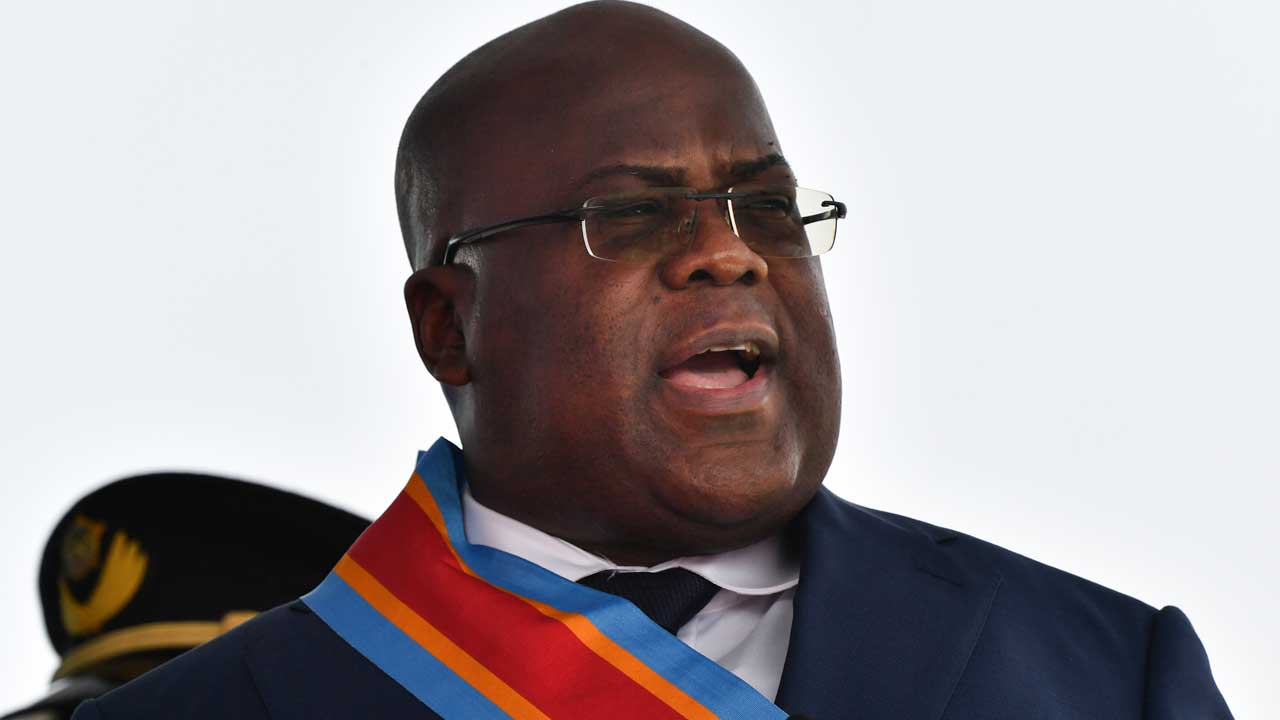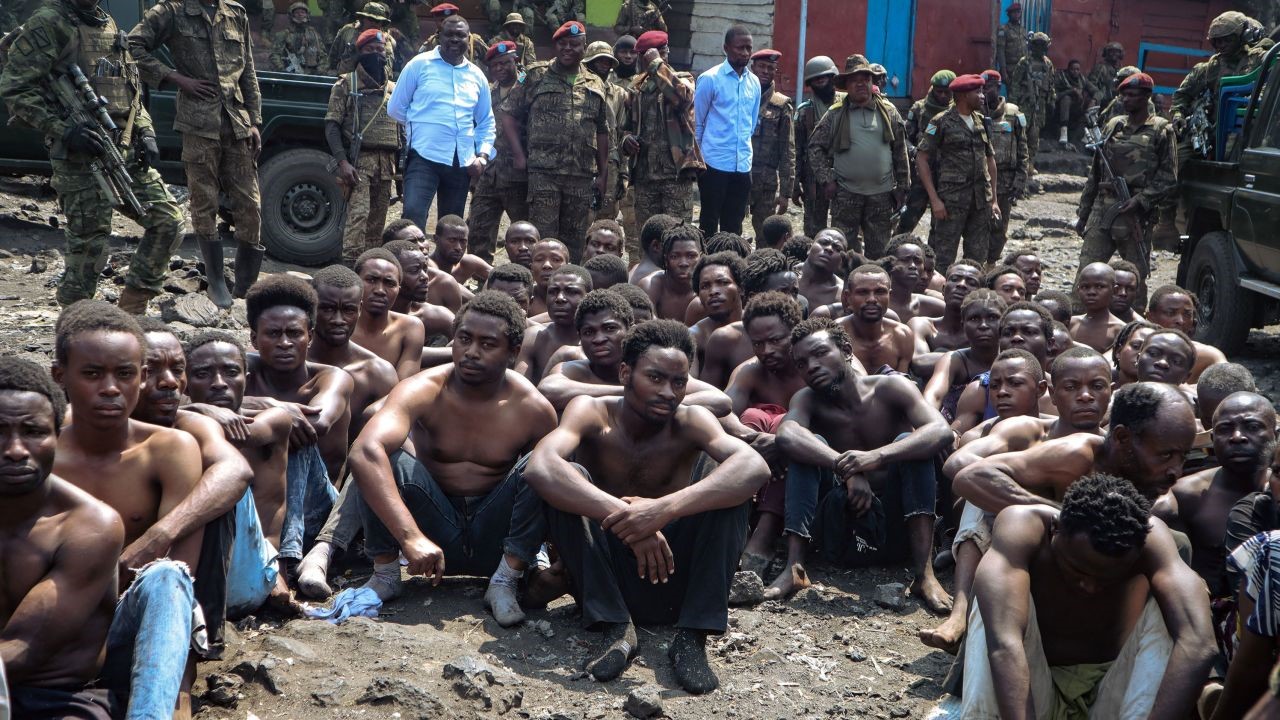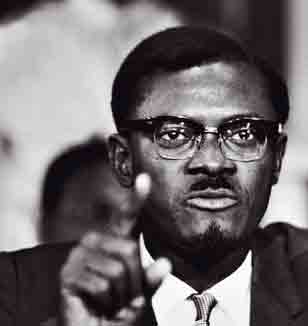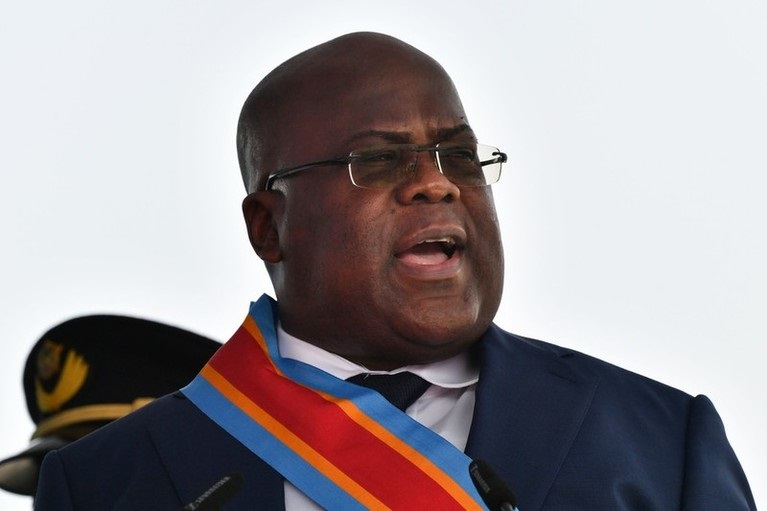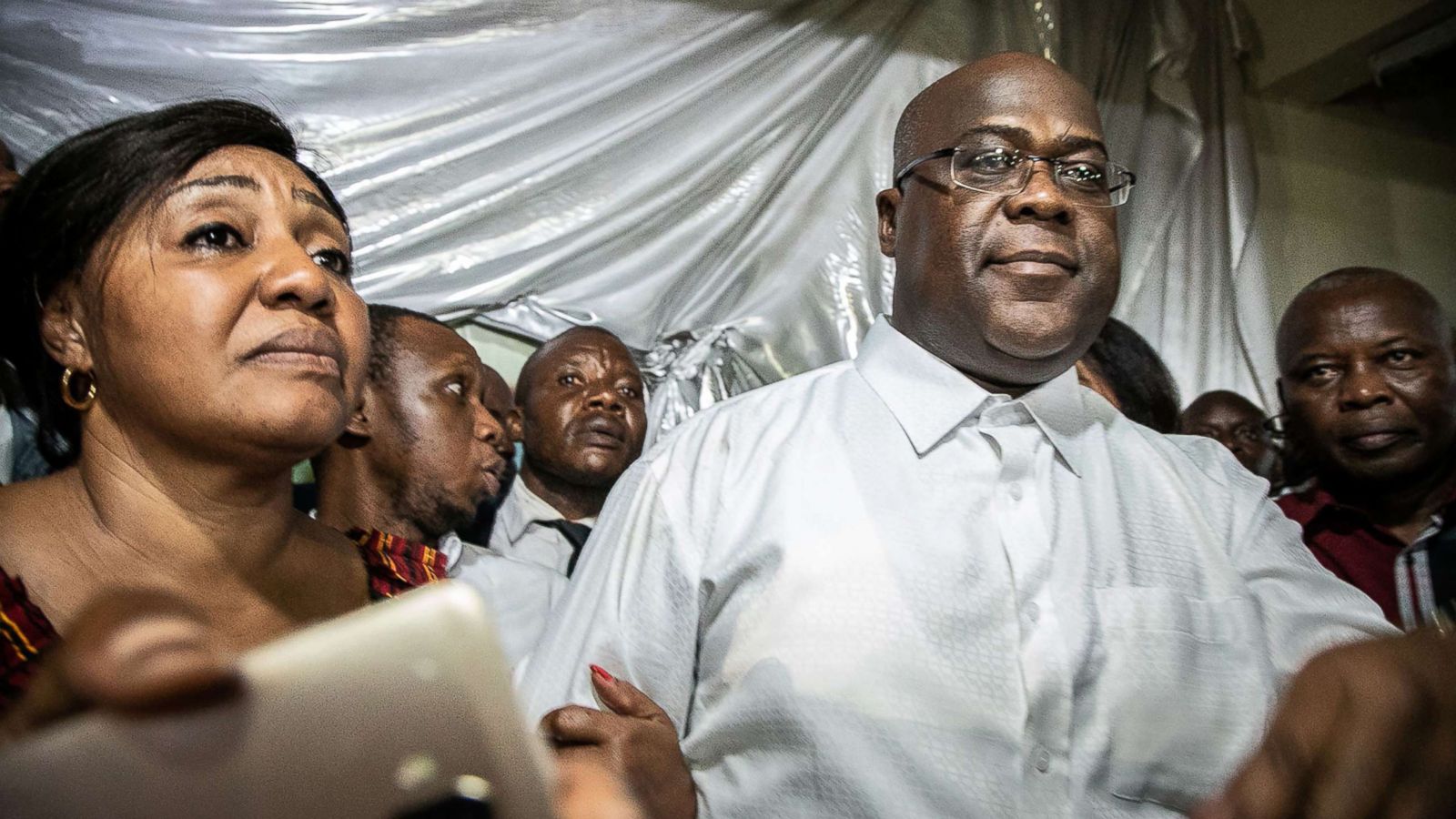Regional
DRC: Ailing Congo Airways speaks to Tshisekedi's incompetence, broken promises
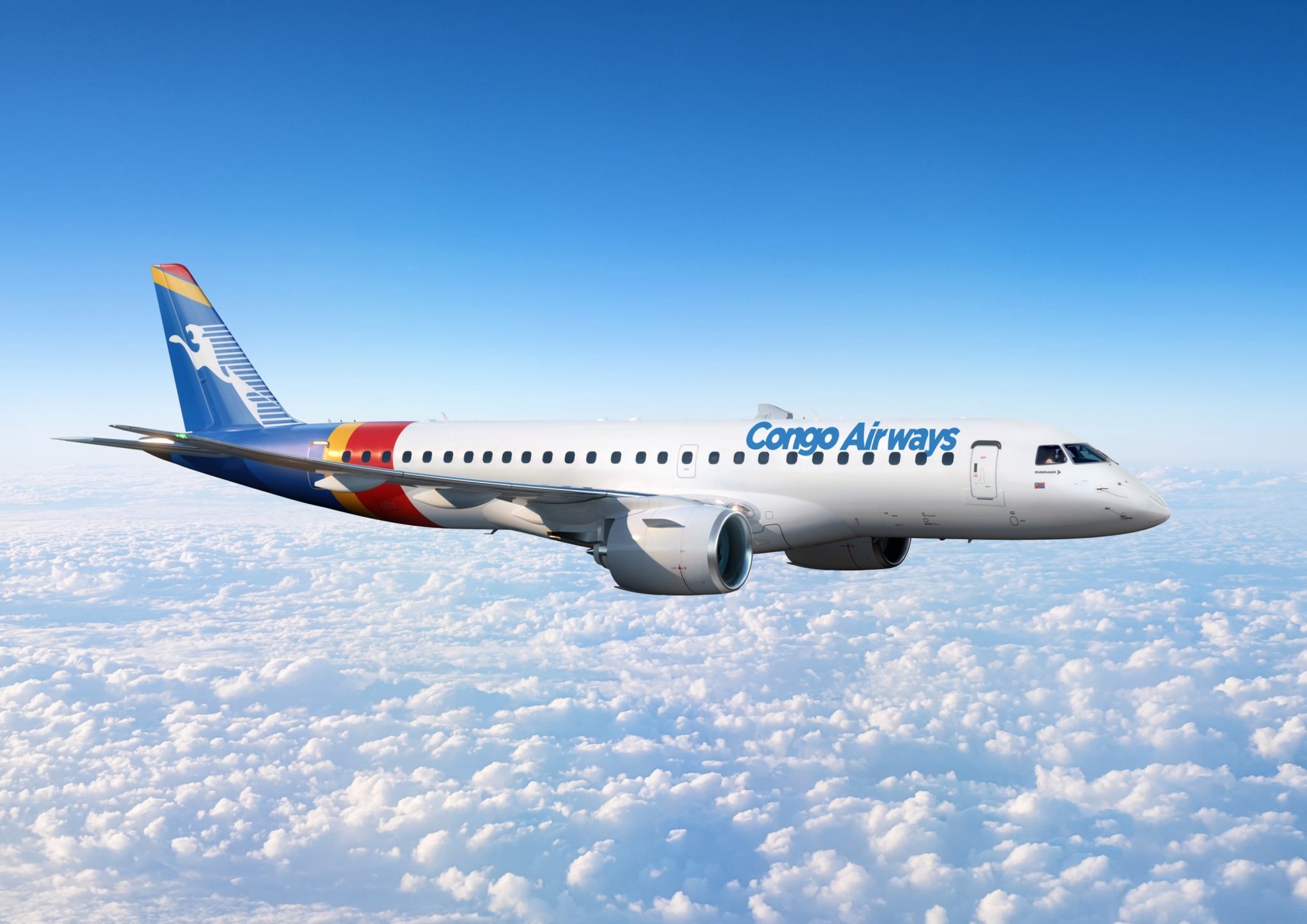
The national carrier of the Democratic Republic
of Congo (DRC), Congo Airways, effective September 11, suspended all flights.
The airline stated that it needs to undergo restructuring in order to meet
international aviation safety standards. The duration of the suspension is
unclear. Officially, the airline announced it suspended operations on September
11 to "reorganise its equipment.”
In a statement, it promised to resume service
"in a very short time" and thanked President Félix Tshisekedi for
intervening regarding an urgent provision of funds.
Congo Airways CEO José Dubier Lueya said the
airline needs at least $33 million to resume operations. Speaking on Top Congo
FM radio station in Kinshasa, on September 11, he confirmed the decision to
halt operations was taken because the engines of the airline's two A320-200s
needed replacing.
"We reached the end of the engine cycle on
both planes at almost the same time," he explained.
He estimated that replacing all four engines
would cost $28 million, and suggested purchasing a second-hand plane for $5
million but did not elaborate. The airline owes $30 million in unpaid taxes, he
added.
The aviation industry could have been a symbol of progress and connectivity. However, the story of Congo Airways paints a different picture, one of mismanagement, decline, and broader governance challenges that persist in the country.
With a paid-up capital of $90 million, the
state-owned flag carrier airline started operations in October 2015. For
the Congolese, it was a beacon of hope in the transportation sector, with the
aim of connecting the vast and diverse regions of the country, fostering economic
growth and providing a lifeline to remote communities. In the early years, it
showed promise, with flights connecting cities and regions that were previously
isolated.
However, due to Kinshasa's mismanagement, the
dream was short lived.
Safety concerns, inadequate maintenance, and
financial troubles eroded its reputation. Flights were often delayed or
canceled, leaving passengers stranded and frustrated. Reports of corruption and
mismanagement within the airline became increasingly common.
With just four planes in their fleet, the
airline failed to maintain or make necessary reparations, which are expected to
cost around $28 million. Worse still, Congo Airways has accumulated a debt of
more than $97 million, which is yet to be paid.
In December 2019, Tshisekedi promised to buy
eight new planes to add to the carrier’s fleet. They were never delivered.
Additionally, Kinshasa failed to strike an
agreement with Ethiopian Airways because the former could not guarantee that no
case of corruption will arise.
Tshisekedi failed his compatriots.
He raised everyone’s expectations on positive
changes but only delivered failure. The failure of Congo Airways is just a drop
in the ocean on the long list of his mismanagement.
Kinshasa is characterized by corruption and
misuse of funds. It is reported that the government’s annual budget is used up
in only three months, and an estimated $16 billion is inexplicably lost in
mismanagement, and embezzlement.
With the national carrier nailed to the ground,
Tshisekedi instructed his Minister of Finance and José Dubier to seek financial
support and expertise from foreign companies.
Despite the abundance of natural resources in
DRC, Tshisekedi is unable to utilize them, and instead relies on handouts from
foreign countries while he and his associates fill their pockets with
taxpayers’ money.
Halting the operations of the airline proves
that Tshisekedi’s government simply cannot run anything. The country is on
auto pilot and the Congolese fear that it is speeding into a state of extreme disorder
due to absence of controlling systems.
At the beginning, Tshisekedi’s campaign
promises included humanising the security services as well an ‘Etat de Droit’,
or rule of law, with human rights priorities including fighting impunity and
strengthening the mechanisms for the protection of human rights.
But the carnage in Goma, among numerous other
incidents in the country, tells a different story. At least 56 civilians were
shot dead, 220 injured while more than 60 were arrested on August 30, following
crackdown by Congolese security services on an anti-UN protests in Goma, the
capital of North Kivu Province in eastern DRC.
Tshisekedi’s failure of strategic oversight is
also appalling as the country continues to grapple with renewed fighting in the
volatile eastern region.


